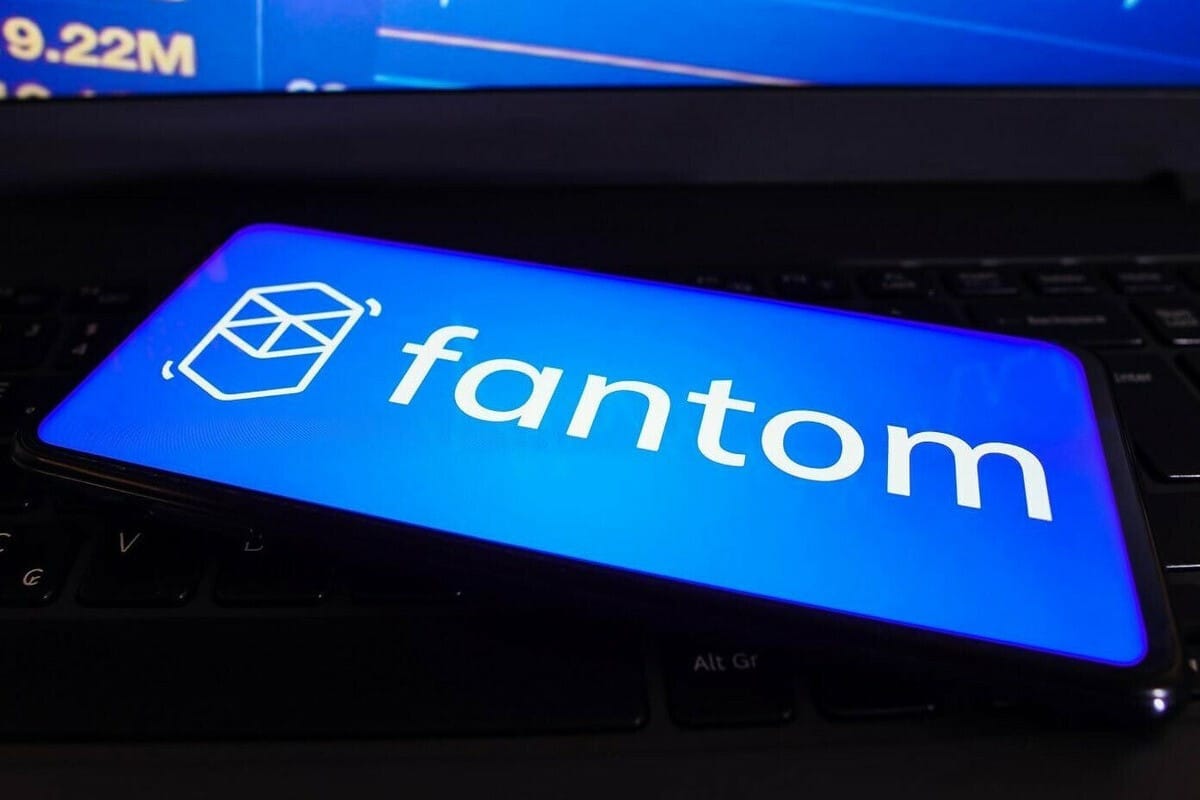Blockchain technology, despite its revolutionary potential, is in many ways “stuck in the eighties,” according to Fantom (FTM) blockchain co-founder Andre Cronje.
Speaking in an interview with crypto news outlet Decrypt on Wednesday, Cronje said he believes it’s time for a significant upgrade to bring this technology into the modern era.
In the interview, Cronje noted that when the Internet was first developed, it primarily served financial applications because digitizing financial transactions made economic sense.
Fast forward to today, these transactions cost only a fraction of a penny, while using a network like Ethereum (ETH) often results in significantly higher costs.
Cronje also highlighted Bitcoin’s relatively slower and costlier nature, particularly during the rise of ordinals, non-fungible tokens (NFTs) on the Bitcoin (BTC) network.
Fantom’s Sonic upgrade
According to Cronje, Fantom aims to tackle these issues with a substantial tech stack upgrade called Sonic, a solution that went live on testnet as recently as this week.
Today, #Fantom is thrilled to announce the launch of the #FantomSonic testnet environment!
Sonic’s three main upgrades include:
• Fantom Virtual Machine, which offers drastically faster smart contract execution compared to the old EVM.
• Carmen database storage, which uses a… pic.twitter.com/shovQtzMkd
— Fantom Foundation (@FantomFDN) October 24, 2023
The Sonic upgrade is optimized for speed and seeks to provide a solution that is both cost-effective and efficient, the Fantom co-founder explained.
It’s worth noting that Fantom, like other layer-1 blockchain networks such as Avalanche (AVAX) and Solana (SOL), focuses on enhancing speed and reducing costs for crypto transactions.
The Sonic upgrade is anticipated to increase Fantom’s speed by an additional 65 times, make node launches more accessible, and reduce the storage costs for network nodes.
Combined, this will make it easier for everyday users to participate in securing the network, a critical aspect of decentralization.
Cronje envisions that Sonic’s improved technology will attract credit card companies and international banks, making blockchain more viable for their operations.
He highlighted the current limitations of blockchain technology, which is often seen “slow, unscalable, and far too expensive,” and said he believes Sonic is a significant step towards aligning blockchain technology with the needs of institutions.
Read the full article here





